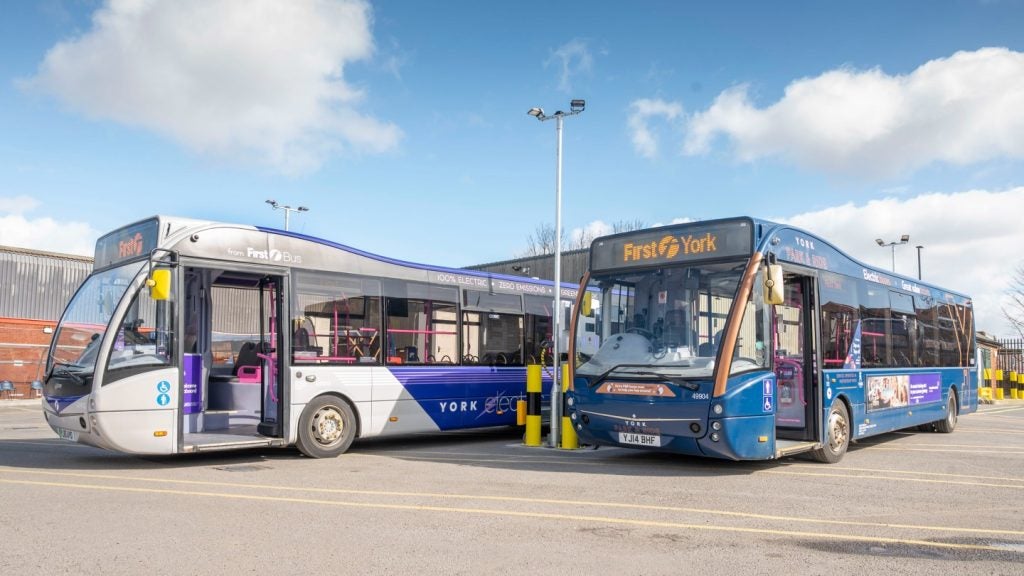
This week France announced plans to inject more than EUR8bn into its automotive sector. The hope for the European industry is that it’s not the only country to act.
According to GlobalData analysis West Europe is forecast to bear the brunt of a global industry that faces a near 20% fall in volume in 2020 due to the impact of COVID-19. In a global industry forecast to lose nearly 16 million sales in 2020 compared with 2019 West Europe alone will account for more than a quarter of the decline. For France, GlobalData’s current forecast sees a 32% fall in light vehicle sales to1.82 million.
The state of the region’s industry and its strategic importance to countries’ economies due to its high economic value add in terms of employment and innovation has prompted much discussion among governments and the industry as to the best way to support.
Much of the talk has centred around the introduction of scrappage schemes – similar to those successfully employed in the global financial crisis of 2008-9 – but pivoted towards benefiting the nascent electric vehicle market.
The focus on electric vehicles is deemed necessary to support climate change goals and to capitalise on the thought that society has benefited from reduced traffic and pollution during lockdown and that now might be the time to truly seed electric vehicles in the consciousness of consumers. The reasons aren’t entirely altruistic however. During the last scrappage period demand skewed toward cheap and affordable cars and there was barely any net benefit for OEMs in the region. VW even ended up importing the VW Fox from Brazil to meet scrappage demand.
However, talks over industry support seem to have mostly stalled in Europe. In Germany a decision on a support package for the industry won’t be made until the end of May at the earliest after a mooted scrappage scheme attracted criticism from all quarters. While in the UK, direct support for the car industry seems way down the list of government priorities currently.
How well do you really know your competitors?
Access the most comprehensive Company Profiles on the market, powered by GlobalData. Save hours of research. Gain competitive edge.

Thank you!
Your download email will arrive shortly
Not ready to buy yet? Download a free sample
We are confident about the unique quality of our Company Profiles. However, we want you to make the most beneficial decision for your business, so we offer a free sample that you can download by submitting the below form
By GlobalDataNot so in France. Its EUR8bn package, while including a yet to be signed off EUR5bn loan for Renault, contains EUR1.3bn set aside to kickstart the car market. The measures include:
- An increase in the incentive for electric vehicle purchases to EUR7,000 from EUR6,000, which will last from June 1 to December 31.
- A EUR,000 incentive for businesses buying electric vehicles
- EUR2,000 for plug-in hybrids that can travel at least 50km solely on battery power
- A scrappage bonus of up to EUR3,000 for those trading in an old car for a new petrol or diesel; those swopping an old car for an EV get EUR5,000. If eligible for both programmes a consumer could receive a EUR12,000 bonus in total
The incentives mean that a Renault Zoe, listed at EUR32,000, could be available at just EUR20,000 if all criteria are met. The programme in France is capped at 200,000 vehicles.
In moving first, France could just have set the pattern for others to follow in Europe in efforts to revitalise the automotive sector.
– By Calum MacRae







